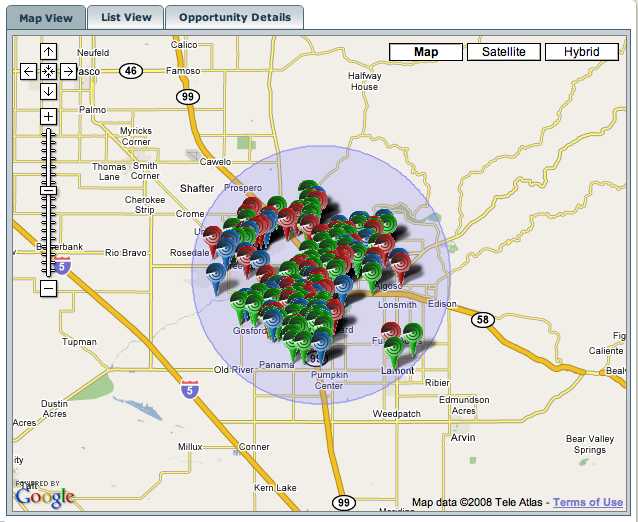Re: Boom in the Doom
Don't all local 'inflations' have a severely weakening currency as central component? Couldn't this always be percieved from outside that currency zone as 'deflation' or 'cheapening' of assets or goods & service prices?
Mish lavishes attention upon 'deflation of assets', which is in fact readily observable from outside an affected weakening currency zone. Concurrent depreciation of an asset might also be very observable even within that currency zone. But does Mish make any mention of the corollary - that this environment's prime symptom, a sharply weakening currency - without gold backing, seems most often to coincide with generally rising net costs for people trapped within that currency?
Maybe an Argentine would have found it whimsical, if anyone addressed them with a comment about their 'asset deflation', if all they noted meantime was a soaring cost of living? What can we recognize meantime here in the US that is strikingly similar? A weakening dollar perhaps? Maybe a rising cost of living? Are these fantastic notions, or do they appear to be readily observable?
According to Mish everyone outside the US dollar zone might more readily observe asset deflation going on over here? Yes, OK. That's perhaps even understated, as the US dollar is global reserve currency, and it's rate of descent is disguised by the fact other currencies are drifting downwards with it. So the full extent of this USD event is not even readily apparent.
But am I to understand the plunging US dollar, (even if it's a milder version of Argentina's currency implosion), has departed from the above standard corollary effects, and is now not conducive to prices rising inside the dollar zone?
It seems the great majority of sharply or chaotically weakening currencies in history caused rising prices within their currency zone (denominator of prices shrinking) - but in our case, the US dollar which is quite obviously devaluing vs. other currencies, is not supposed to exert an upward pressure upon the cost of goods here?
This is a startlingly novel idea, which must be why I am finding it so difficult to grasp.
Don't all local 'inflations' have a severely weakening currency as central component? Couldn't this always be percieved from outside that currency zone as 'deflation' or 'cheapening' of assets or goods & service prices?
Mish lavishes attention upon 'deflation of assets', which is in fact readily observable from outside an affected weakening currency zone. Concurrent depreciation of an asset might also be very observable even within that currency zone. But does Mish make any mention of the corollary - that this environment's prime symptom, a sharply weakening currency - without gold backing, seems most often to coincide with generally rising net costs for people trapped within that currency?
Maybe an Argentine would have found it whimsical, if anyone addressed them with a comment about their 'asset deflation', if all they noted meantime was a soaring cost of living? What can we recognize meantime here in the US that is strikingly similar? A weakening dollar perhaps? Maybe a rising cost of living? Are these fantastic notions, or do they appear to be readily observable?
According to Mish everyone outside the US dollar zone might more readily observe asset deflation going on over here? Yes, OK. That's perhaps even understated, as the US dollar is global reserve currency, and it's rate of descent is disguised by the fact other currencies are drifting downwards with it. So the full extent of this USD event is not even readily apparent.
But am I to understand the plunging US dollar, (even if it's a milder version of Argentina's currency implosion), has departed from the above standard corollary effects, and is now not conducive to prices rising inside the dollar zone?
It seems the great majority of sharply or chaotically weakening currencies in history caused rising prices within their currency zone (denominator of prices shrinking) - but in our case, the US dollar which is quite obviously devaluing vs. other currencies, is not supposed to exert an upward pressure upon the cost of goods here?
This is a startlingly novel idea, which must be why I am finding it so difficult to grasp.



Comment